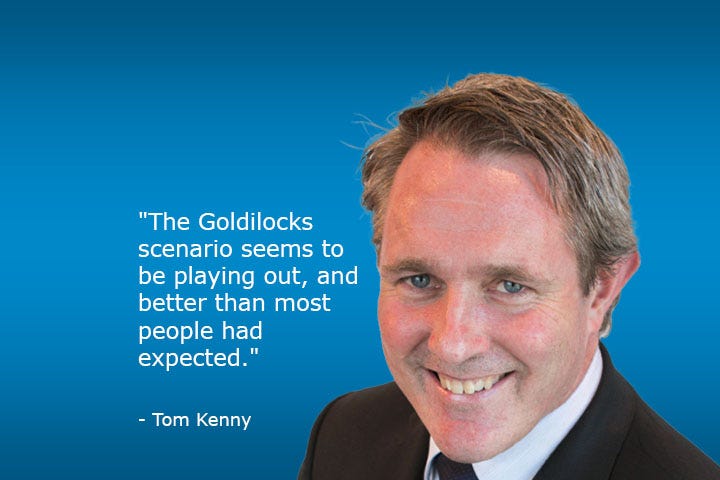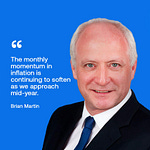Russia banned diesel exports overnight. The Bank of England voted 5-4 to hold, hammering the pound to a six-month low.
In our bonus deep-dive interview, ANZ’s Senior International Economist Tom Kenny digs into the FOMC’s ‘hawkish hold’ this week and finds the Fed more hopeful it can engineer a ‘Goldilocks’ soft landing.
5 things to know
Russia banned exports of diesel and petrol overnight, which forced diesel prices up almost 5% to above US$1,010/tonne. Brent crude rose 1% to US$94/bbl.
The Bank of England surprised half the market by voting 5-4 to hold at 5.25% after 14 hikes in a row. The pound fell to US$1.2243, its lowest since Feb. It hit a 37-year low of US$1.03 last Sept before then-PM Liz Truss resigned.
The Bank of Japan will decide on monetary policy later today. ANZ’s Head of FX Research Mahjabeen Zaman says the BoJ is unlikely to tweak its Yield Curve Control (YCC) programme today, but the pressure is on for 10-year Japanese bond yields to rise towards 1% from 0.72% now.
NZ GDP grew an unexpectedly strong 0.9% in Q2. ANZ’s New Zealand Senior Economist Miles Workman says that gives the RBNZ more food for thoughts of a hawkish hold on Oct 4. He sees a hike more likely on Nov 29.
Bank Indonesia and Bangko Sentral ng Pilipinas (BSP) held their monetary policy rates overnight, but ANZ Economist Debalika Sarkar says the BSP adopted a more hawkish tone, with its Governor flagging a possible hike in Nov.
Cheers Bernard
PS: Have a great weekend and look out on Monday morning for Maddy Dunk’s analysis of how Australia’s state economies are doing.












